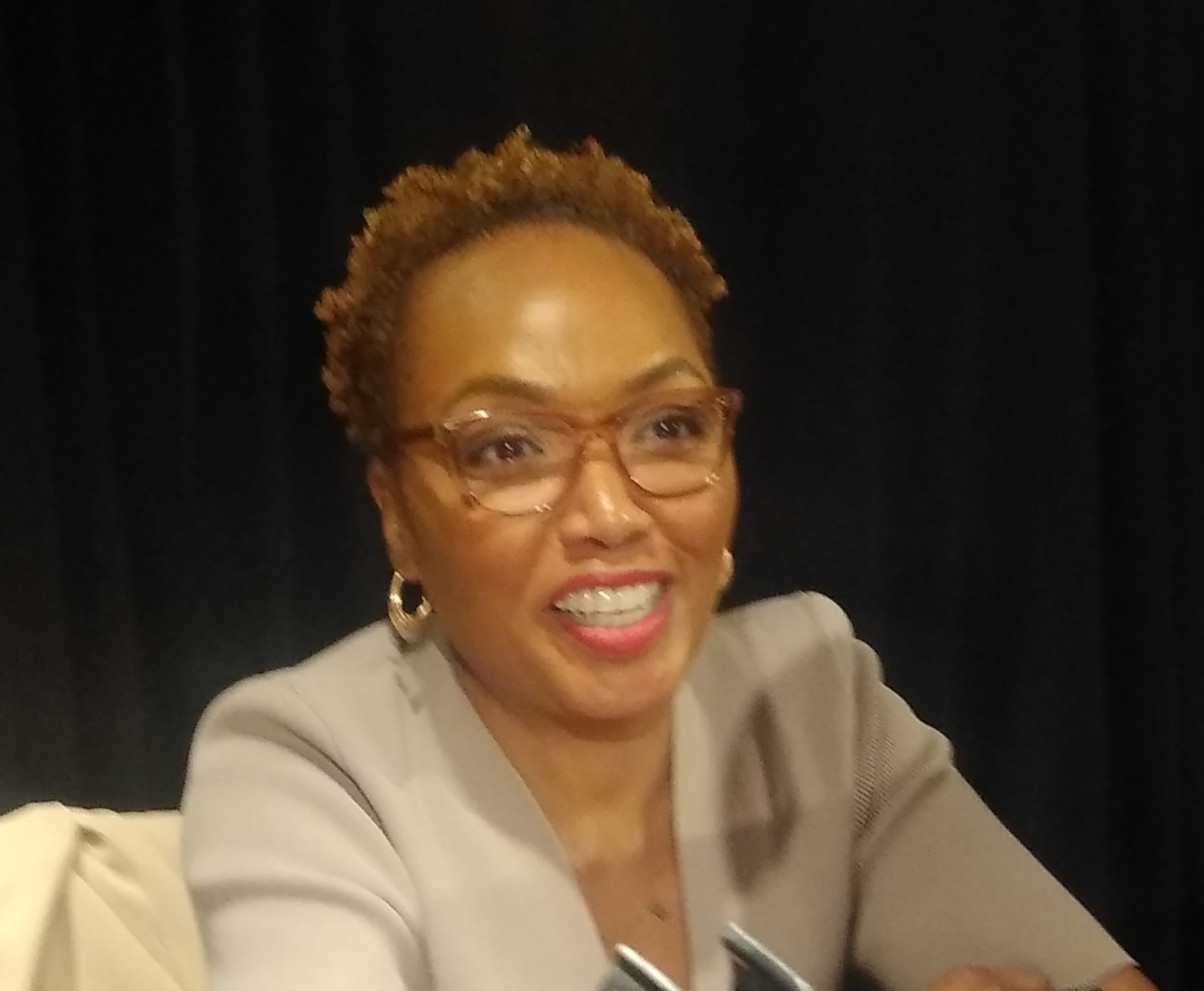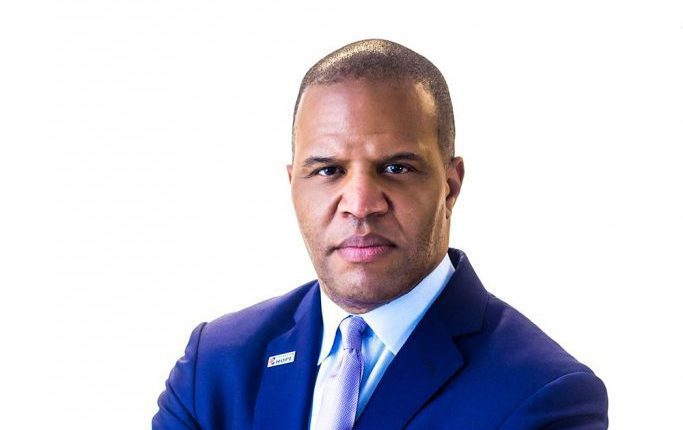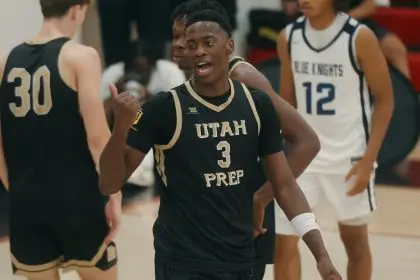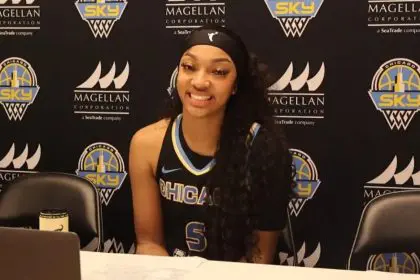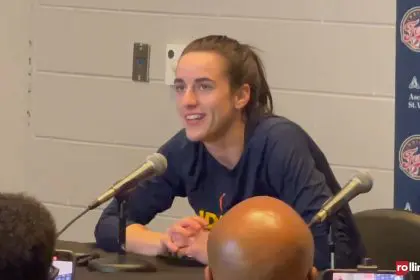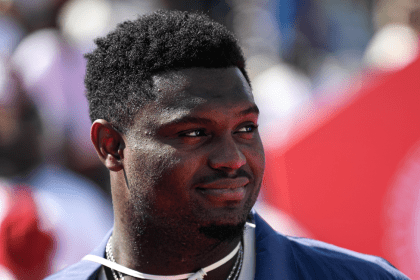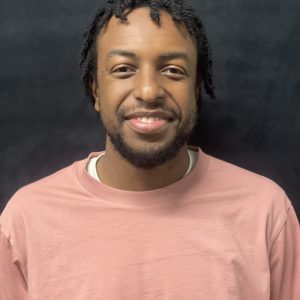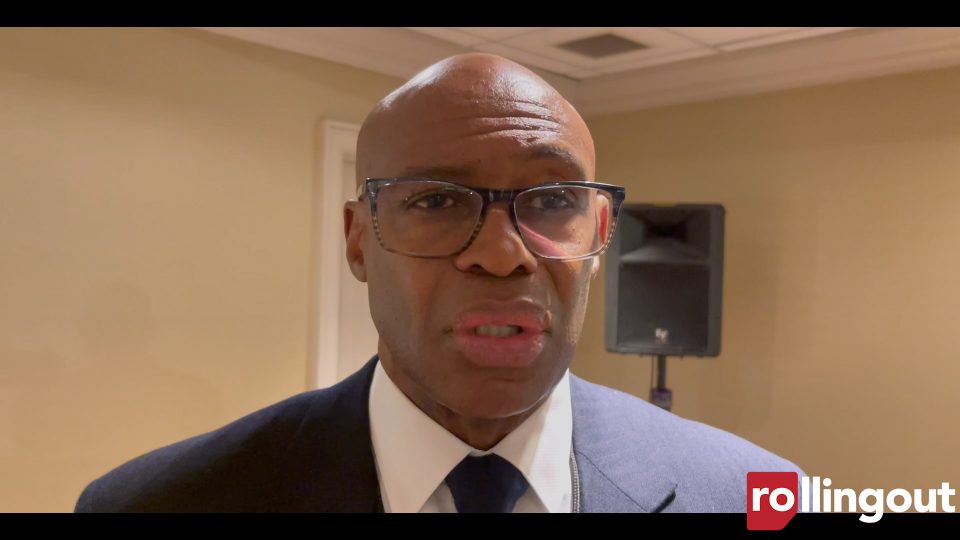
Standing at 6 ft. 8 in., former NBA player Hollis Copeland has become a veteran in another field — finance. Copeland is currently the head of equity capital markets for Tigress Financial Partners, founded by Cynthia DiBartolo. At the Rev. Jesse Jackson’s 25th annual Wall Street Project Economic Summit in New York, rolling out spoke with Copeland about his journey in the world of finance and any advice he has for young Black professionals who wish to enter the high stakes business.
How did you feel about the panel here at today’s conference?
I loved it, I thought it was great. There were very poignant questions and answers. I’ve gone to a number of these in the past, and oftentimes they don’t get to the crux of the questions most people ask and find ways to uplift some of these minority broker-dealers and asset managers. So I thought this was quality. They answered all the questions completely, and this is what’s necessary for us to take the next step and learn the pivot.
For a Black person trying to expand their portfolio or work in financial services, what advice do you have?
You have to be true to yourself. You have to ask the right questions. Don’t try to couch your questions, so they can answer them and get away with some of the things you don’t necessarily need. You have to be true to yourself from the standpoint that if you’re looking to step up in the world, you got to ask the right questions, right? You got to be there. You got to be what you’re looking for.
Who taught you the importance of financial literacy?
There are a number of people that I would say helped me in my travels. Andy Monness was one with Monness, Crespi, Hardt & Co., Inc. [Former Georgetown basketball player and private equity firm manager] Ron Blaylock, he was very instrumental. Chris Williams, once again, gave me an opportunity. I worked with him for 19 years. So there are numerous number of people who through my walks of life gave me the impetus to get into the financial industry, and once there strive.
How can the Black community help you?
Well, I guess it’s a game of reciprocity. I like to help the Black community and in turn, the Black community will help me from the standpoint that I do work for a diversity firm, a woman-owned diversity firm. I think exposure is where it starts, and once we show them what we can do, they’ll give us some ideas of what we can do for them.


